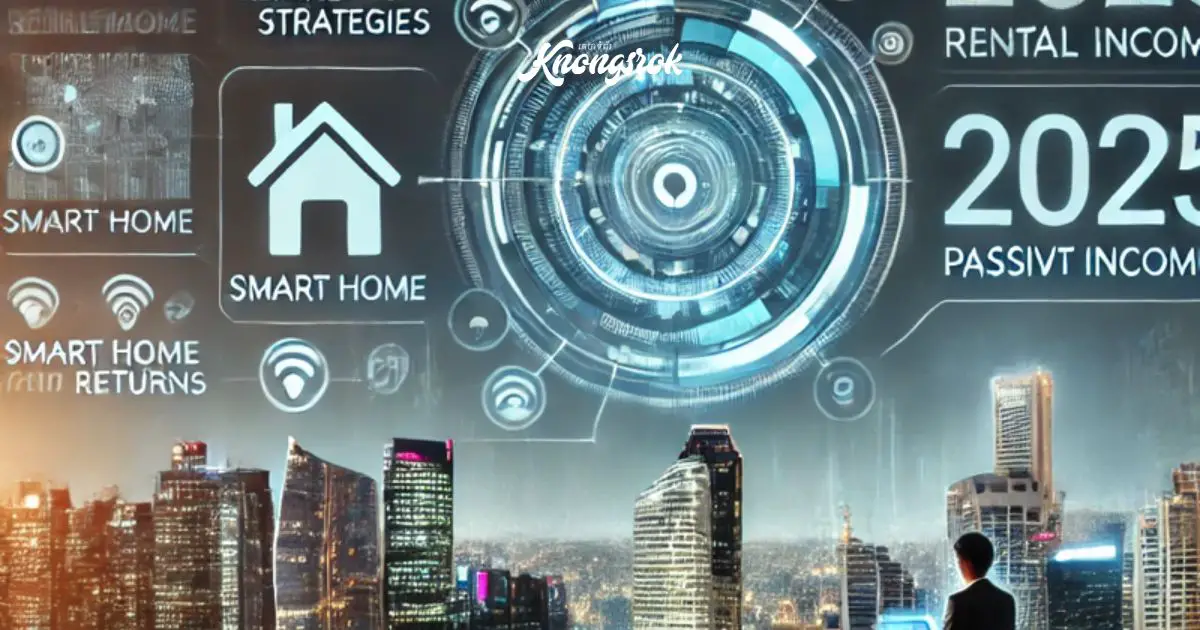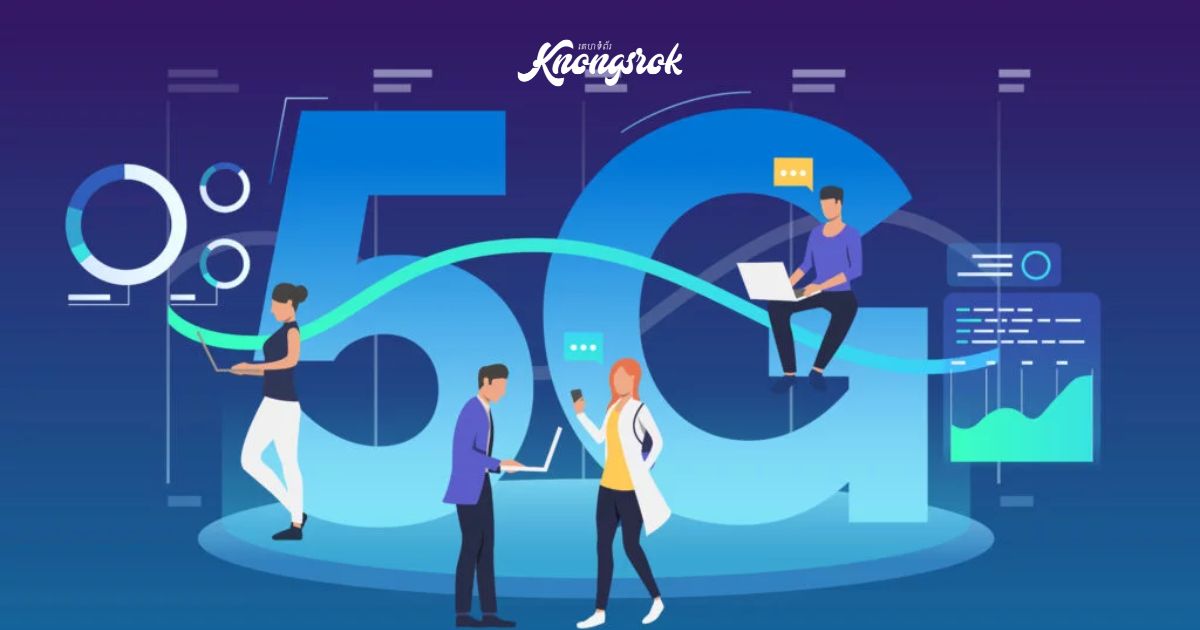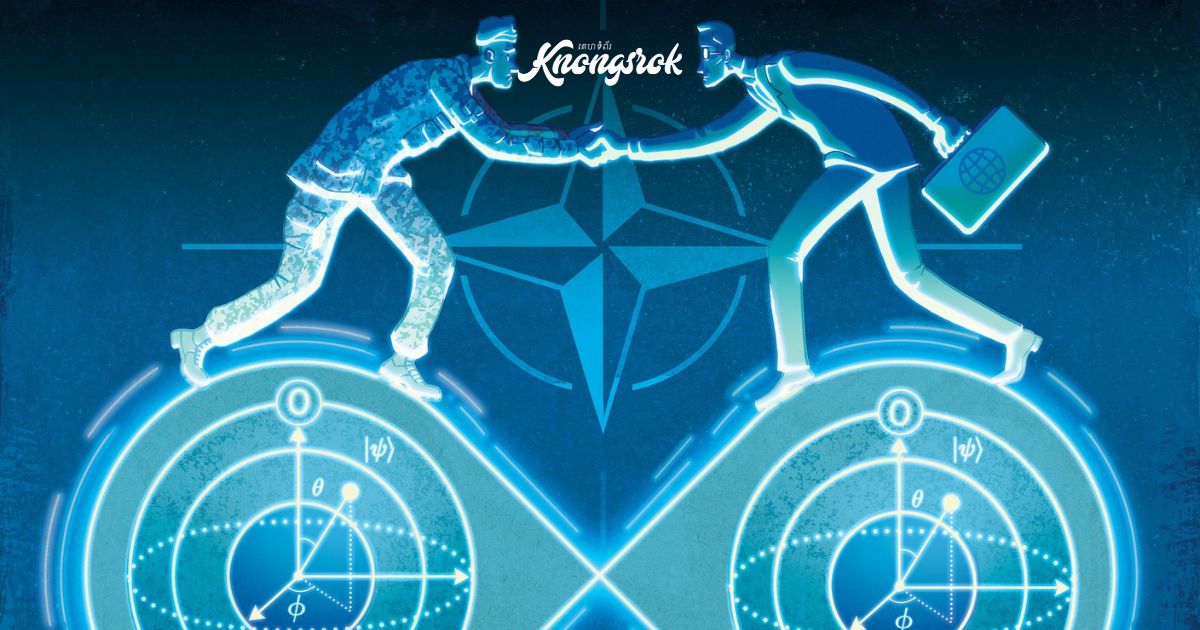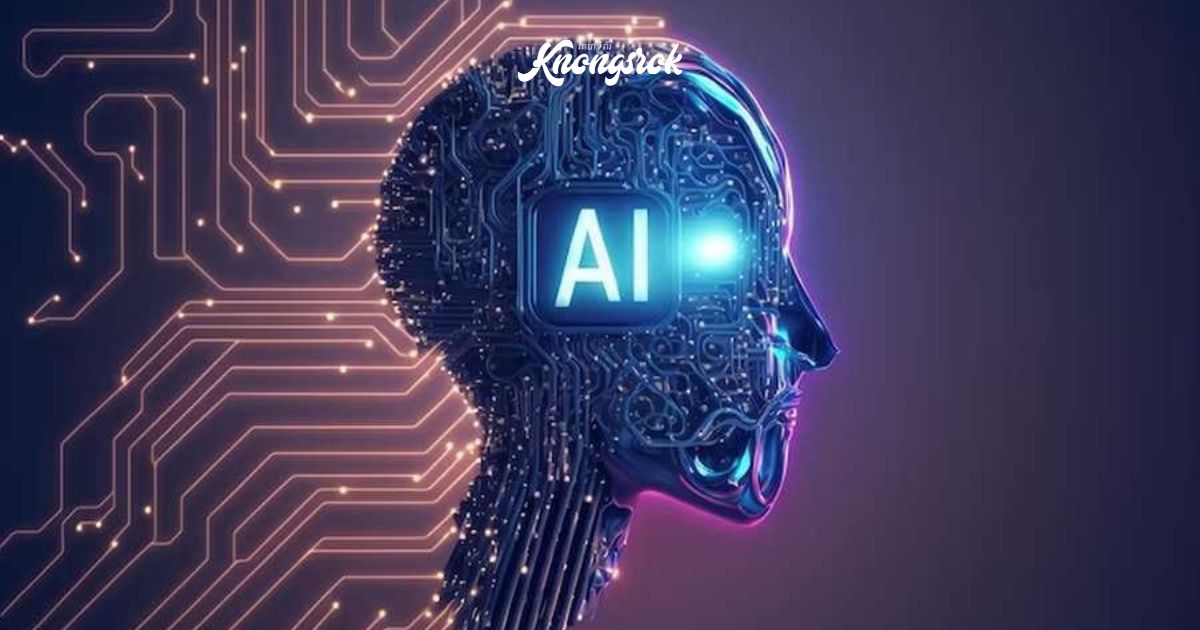Emotional Intelligence in Relationships: Understanding and Connecting Better
Emotional intelligence (EQ) plays a crucial role in building and maintaining healthy, fulfilling relationships. It involves the ability to recognize, understand, manage, and respond to both your own emotions and those of others. In relationships—whether romantic, familial, or professional—high emotional intelligence fosters deeper connections, reduces conflict, and enhances communication. By developing EQ, individuals can better navigate the complexities of emotions, fostering stronger and more resilient relationships.
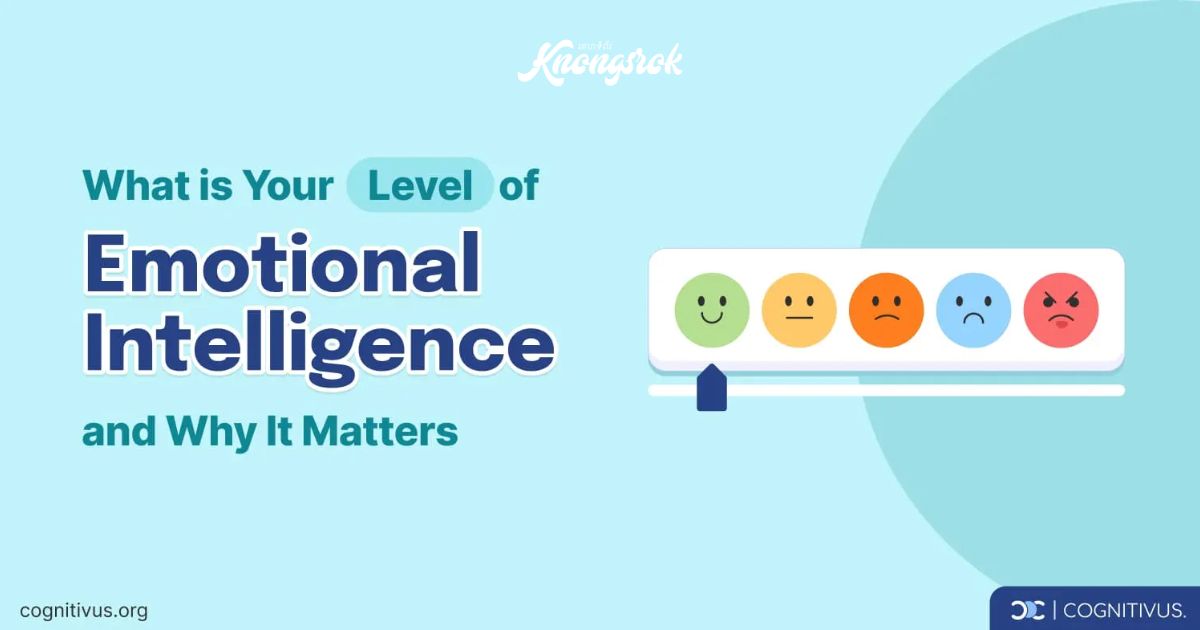
What is Emotional Intelligence?
Emotional intelligence is composed of several key elements:
•Self-awareness: Recognizing your own emotions and how they affect your thoughts and behaviors.
•Self-regulation: Managing your emotions in a healthy way, rather than letting them control your actions.
•Empathy: Understanding and sharing the feelings of others, and recognizing their emotional cues.
•Social skills: Navigating social situations, building healthy interactions, and resolving conflicts effectively.
•Motivation: Having an inner drive that’s focused on long-term goals and emotional well-being rather than short-term rewards.
In relationships, these elements work together to foster emotional understanding, open communication, and mutual support, helping to create a harmonious environment for both individuals.
How Emotional Intelligence Enhances Relationships
1. Improved Communication
One of the most significant benefits of emotional intelligence in relationships is enhanced communication. High EQ helps individuals express their feelings clearly and listen to others empathetically. Instead of reacting impulsively to emotions, emotionally intelligent individuals process their feelings, which leads to more thoughtful responses and less misunderstanding.
Example: Instead of lashing out during a disagreement, someone with high EQ might calmly say, “I feel frustrated when you dismiss my opinion because it makes me feel unheard.” This encourages open dialogue rather than escalating tension.
2. Better Conflict Resolution
Every relationship experiences conflict, but how it’s handled can make or break the bond. Emotional intelligence allows people to manage their emotions during disputes and approach disagreements with a calm, rational mindset. This prevents arguments from becoming emotionally charged or hurtful.
Example: Rather than allowing anger to escalate a disagreement, emotionally intelligent people are able to pause, reflect on their feelings, and discuss the issue without resorting to personal attacks or defensiveness.
3. Stronger Empathy and Compassion
Empathy is a cornerstone of emotional intelligence. It allows individuals to put themselves in another person’s shoes, which deepens understanding and connection. When both parties in a relationship are able to recognize and validate each other’s feelings, it creates a safe space for vulnerability and mutual support.
Example: If a partner has had a tough day at work, someone with high emotional intelligence will sense their frustration and respond with comfort and understanding, rather than expecting them to immediately engage in social or domestic tasks.
4. Managing Stress and Emotional Triggers
Emotional intelligence helps individuals become more aware of their emotional triggers and develop strategies for managing stress. Instead of reacting impulsively or allowing emotions to control their actions, people with high EQ are better equipped to handle stressful situations calmly, preventing unnecessary conflict.
Example: When faced with a stressful event like a family disagreement, someone with high EQ can recognize when their emotions are intensifying and take a break to cool off before returning to the conversation with a clearer mindset.
5. Deeper Emotional Intimacy
Emotional intelligence promotes emotional intimacy by encouraging openness and vulnerability. People with high EQ are comfortable discussing their feelings and experiences, which fosters trust and connection in relationships. By being emotionally available, they create a space where their partner or friend feels safe sharing as well.
Example: Sharing personal fears, hopes, or insecurities in a relationship builds trust and deepens the emotional bond between two individuals, strengthening their connection.
Ways to Develop Emotional Intelligence in Relationships
1. Practice Self-Awareness
The foundation of emotional intelligence is self-awareness. Regularly reflect on your own emotional responses and patterns. Try to identify what triggers strong emotional reactions in you and why. The more you understand your emotions, the better you can manage them in relationships.
Tip: Journaling about your emotional experiences can help you track patterns and gain insight into how you react to certain situations.
2. Learn to Self-Regulate
Emotions can be powerful, but learning to manage them is key to maintaining healthy relationships. Practice pausing before reacting to strong emotions. This can prevent impulsive actions or words that might harm the relationship.
Tip: When feeling overwhelmed, use calming techniques like deep breathing, taking a walk, or stepping away from the situation for a moment to regain control.
3. Develop Empathy
Empathy can be nurtured by actively listening to others and making an effort to understand their perspectives. Ask open-ended questions and reflect on what the other person might be feeling, even if it’s different from your own experience.
Tip: Practice active listening, which involves not just hearing the words but also paying attention to body language, tone, and emotions behind what’s being said.
4. Respond, Don’t React
Emotionally intelligent individuals respond thoughtfully rather than reacting impulsively to situations. Take time to process your emotions before replying in a heated discussion. By responding calmly, you’re more likely to resolve conflicts constructively and maintain respect in the relationship.
Tip: Before responding to an emotional trigger, ask yourself, “Is this how I want to respond, or am I reacting out of anger or frustration?”
5. Cultivate Positive Interactions
Positive emotions are contagious, and focusing on kindness, gratitude, and encouragement strengthens relationships. Complimenting your partner or friend, expressing appreciation, and offering support creates an atmosphere of trust and positivity.
Tip: Make it a habit to regularly express appreciation for the people in your life. This reinforces their value and promotes a more emotionally connected relationship.
6. Build Emotional Resilience
Emotional intelligence helps individuals bounce back from difficult emotional experiences and adapt to challenges. Emotional resilience enables you to maintain balance during tough times without becoming overwhelmed or shutting down emotionally.
Tip: Practice mindfulness or meditation to help center yourself during emotionally challenging moments and develop greater emotional resilience.
The Role of Emotional Intelligence in Different Types of Relationships
•Romantic Relationships: Emotional intelligence is key to navigating the emotional ups and downs of romantic relationships. It helps couples understand each other’s needs, communicate effectively, and resolve conflicts in a way that strengthens the bond.
•Friendships: In friendships, emotional intelligence fosters loyalty and trust. Emotionally intelligent friends are able to offer support and empathy during tough times while also celebrating successes and joys.
•Professional Relationships: In the workplace, emotional intelligence enhances teamwork and collaboration. It allows individuals to navigate workplace dynamics more effectively, manage stress, and foster positive interactions with colleagues.
Conclusion
Emotional intelligence is a powerful tool for building stronger, more meaningful relationships. By developing self-awareness, practicing empathy, and managing emotional responses, individuals can deepen their connections and foster healthy, resilient relationships. Whether in romantic, familial, or professional relationships, emotional intelligence helps navigate the complexities of emotions and allows people to connect more deeply with one another. Understanding and practicing EQ not only leads to more fulfilling relationships but also enhances personal growth and well-being.
Let me know if you’d like to adjust any part of this or dive deeper into any section!

